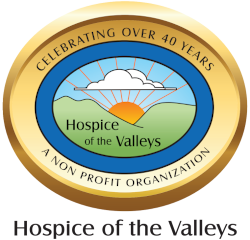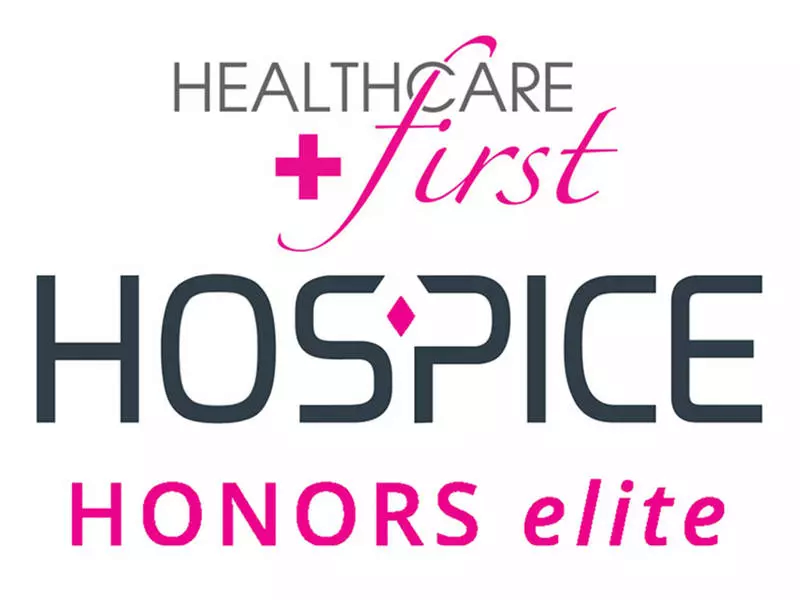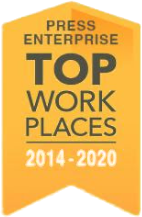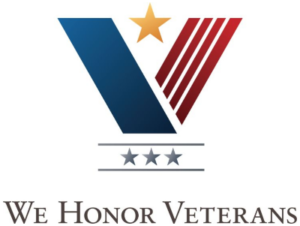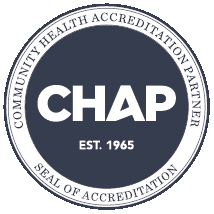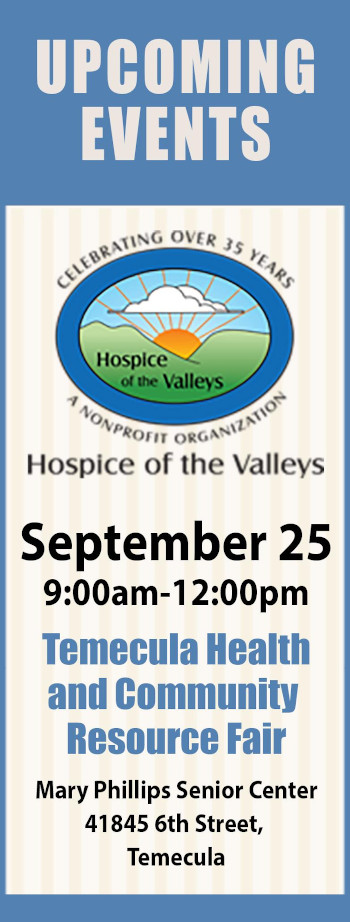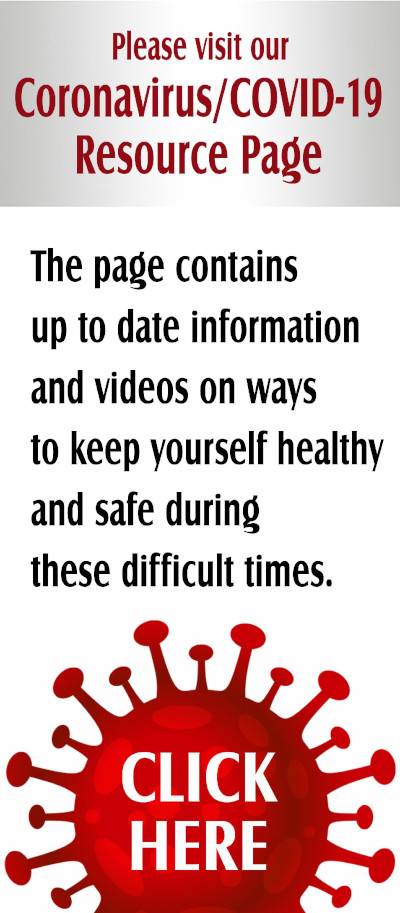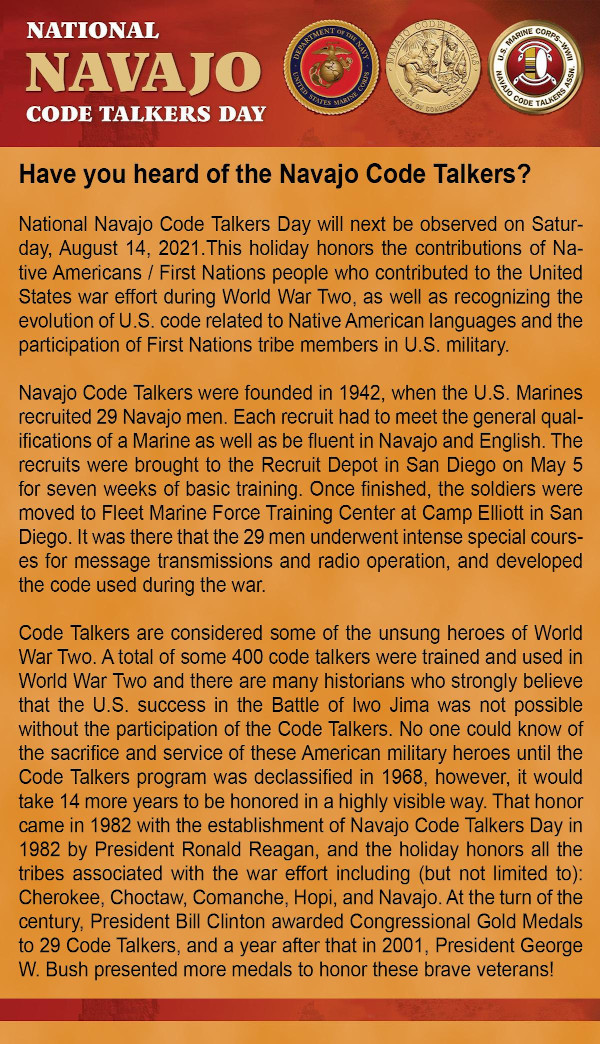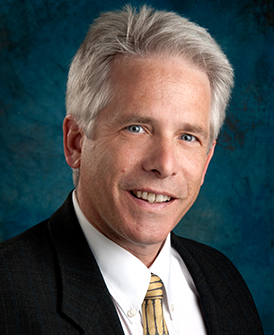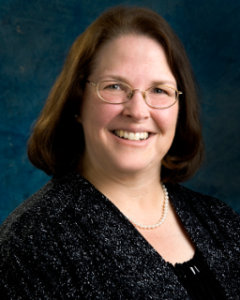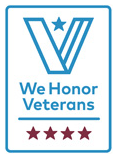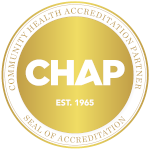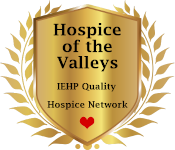We all know that it is important to eat a balanced diet and to avoid excessive consumption of junk food because it is bad for our health. In the same, that good nutritional intake is essential to good physical health, it is important to realize that what we "consume" in the form of social media including television and radio can have an important impact on our mental and emotional health.
Although the widespread availability of Covid-19 vaccinations has dramatically decreased the risk of hospitalization or death due to COvid-19, there remains significant lingering anxiety related to the pandemic. IN a recent national poll conducted by the American Psychiatric Association earlier this year, 41% of those surveyed reported that they are more anxious about Covid-19 than they were a year ago. The age group most likely to be anxious were young adults aged 18-29 (49%) while only 40% of those over age 65 reported feeling more anxious this year than last year.
According to CDC statistics, those aged 65-75 were 6 times more likely to be hospitalized and 95 times more likely to die due to complications of Covid-19 than those aged 18-29. While it is entirely reasonable for people to feel an increased level of anxiety due to Covid-19, one would think that given the 95 times greater risk of death, that those aged over 65 would be more anxious when compared to those aged 18-29; yet what we see is quite the opposite.
Although the survey did not reach any conclusions regarding the cause of this discrepancy, it remains clear that the anxiety among younger adults seems to be out of proportion to their actual risk of hospitalization or death. There may be a variety of factors, which have influenced this finding; but one factor worth considering is the increased "consumption" of social media by younger adults when compared to those over 65. According to a recent Pew Research Poll, 84% of adults age 18-29 use at least one social media platform daily as compared to only 45% of those over 65.
The growth of social media over the past two decades has seen the number of people using Facebook increase from 65 million users in 2005, to over 2.7 billion creased consumption of social media and increased risks of mental health issues such as anxiety and depression. Many healthcare workers are now sounding the alarm regarding the dangers of too much social media and some now consider it a public health crisis.[i]
One of the most devastating aspects of the pandemic has been social isolation, which has resulted from the need to quarantine those at a high risk. At times, this has meant that patients have died alone, separated from their loved ones. I think this has caused all of us to realize that there is a big difference between a virtual hug and a real one. Humans are social creatures and being connected with others is an essential to our emotional and mental well-being. If you are feeling anxious, consider un-plugging from your electronic devices and re-connecting with your friends and family in person.
If you or someone you know has lost a loved one during the Covid-19 pandemic please know that Hospice of the Valleys provides no-cost community grief and support groups even if your loved one was not under our care. If you would like more information about our bereavement support services, please check us out on the web at www.hospiceofthevalleys.org or feel free to contact our bereavement department during regular office hours M-F at 951-200-7800 and a member of our bereavement team will be happy to assist you in finding the most appropriate type of support for you.
